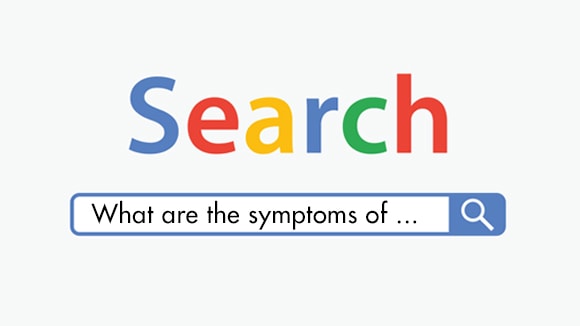Be heart-smart
What heart patients should know about COVID-19.
Article Author: Vikki Mioduszewski
Article Date:

The coronavirus should have everyone's attention. And people with heart disease have extra reasons to be alert.
According to Eduardo Sanchez, MD, MPH, the American Heart Association's chief medical officer for prevention, it appears people over 65 with coronary heart disease or hypertension are more likely to be infected and to develop more severe symptoms. In February, the American College of Cardiology (ACC) issued a bulletin to warn patients about the potential increased risk and to encourage "additional, reasonable precautions."
Based on early reports, 40% of hospitalized COVID-19 patients had cardiovascular disease or cerebrovascular disease (which refers to blood flow in the brain, such as stroke), according to the bulletin. Different areas of the country are seeing different levels of virus activity, though the virus is now in every state, and the Centers for Disease Control and Prevention is advising those most at risk to stay home, to avoid crowds and to limit contact with others.
The virus could affect heart disease patients in several ways, said Orly Vardeny, MD, associate professor of medicine at the Minneapolis VA Health Care System and the University of Minnesota.
"The virus's main target is the lungs. But that could affect the heart, especially a diseased heart, which has to work harder to get oxygenated blood throughout the body," said Vardeny, an adviser on the ACC bulletin. "In general, you can think of it as something that is taxing the system as a whole."
That could exacerbate problems for someone with heart failure, where the heart is already having problems pumping efficiently.
Someone with an underlying heart issue also might have a less robust immune system. People's immune systems weaken as they age, Dr. Vardeny said. And "in those with chronic medical conditions, the body's immune response is not as strong a response when exposed to viruses."
If such a person catches a virus, she said, it's likely to stick around and cause complications.
A virus also may pose a special risk for people who have the fatty buildup known as plaque in their arteries, Dr. Vardeny said. Evidence indicates similar viral illnesses can destabilize these plaques, potentially resulting in the blockage of an artery feeding blood to the heart, putting patients at risk of a heart attack.
Past experience with SARS and MERS offers clues
Dr. Vardeny emphasized that information about COVID-19 is changing almost hourly. But previous coronaviruses, such as SARS and MERS, offer insight. They were linked to problems such as inflammation of the heart muscle, heart attack and rapid-onset heart failure, the ACC bulletin said.
COVID-19 also has similarities to influenza, said Dr. Vardeny. At the moment, she said, "We don't think the actual risk is any higher per se. It's just that the spread is quicker." And unlike the flu, there's no vaccine.
Many of the same precautions that work against the flu should be helpful against the new coronavirus, Dr. Vardeny said, because it appears to spread the same way -- through droplets in the air when someone coughs or sneezes. People can defend themselves by following CDC guidelines for COVID-19 prevention.
The ACC bulletin said people with cardiovascular disease stay up to date with vaccinations, including for pneumonia. The ACC also supports getting a flu shot to prevent another source of fever, which could potentially be confused with the coronavirus infection.
The AHA has released some information regarding patients taking certain heart medications and the indications related to COVID-19. Please see further info at this link.
*Source: American Heart Association (AHA)
AHA editor's note: Because of the rapidly evolving events surrounding the coronavirus, the facts and advice presented in this story may have changed since publication. Visit Heart.org for the latest coverage, and check with the Centers for Disease Control and Prevention and local health officials for the most recent guidance.
At Baptist Health, we want to help keep you and your family informed about COVID-19. For more information, visit baptistjax.com/covid19.
Baptist Health physicians are here for you during this time and can diagnose, treat and prescribe medications virtually. Request an online doctor appointment here.



